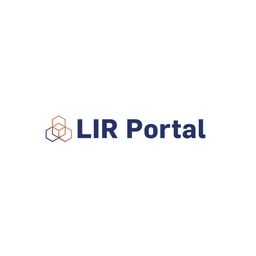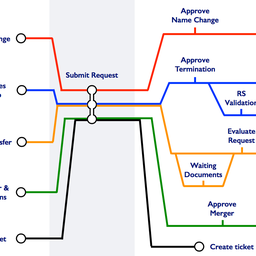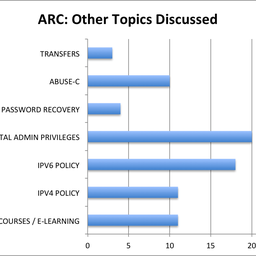The Assisted Registry Check is the new name for the RIPE NCC’s audit activities that have been improved using feedback from RIPE NCC members and the RIPE community. This improvement aims to make the process more efficient and less time consuming for Local Internet Registries (LIRs).
Why the assisted registry check? And why now?
One of the RIPE NCC’s primary responsibilities is to ensure that resource holders receive unique and legitimate IP address space and AS numbers. This data is registered and published, publicly, in the RIPE Database.
The importance of correct registration was highlighted in the RIPE NCC Survey 2013, which identified a need to continue improving the quality and usefulness of data in the RIPE Database. This was re-affirmed when the RIPE NCC again included “Registry Maintenance” as a strategic focus point in our recently published Draft Activity Plan and Budget 2014.
In addition to our regular audit activity, the RIPE NCC checks LIRs’ registry data when they request additional IPv4 allocations. However, now that the regular pool of IPv4 addresses has been depleted, members may only receive one final /22 IPv4 allocation – which means a significant drop in the number of “additional allocation audits” conducted by the RIPE NCC.
The assisted registry check is a way for the RIPE NCC to maintain this periodic contact with LIRs and to ensure that the accuracy of data in the RIPE Registry is maintained, without placing any additional burden on the LIR.
What does an assisted registry check involve?
1. Preparation
The RIPE NCC will initiate an assisted registry check by sending an email to all of the registered contacts for an LIR. The LIR can then choose the appropriate contact person to engage with the RIPE NCC for the duration of the check.
Once the contact person has been chosen, a second email will be sent inviting them to schedule a phone call with an IP Resource Analyst (IPRA) from the RIPE NCC’s.
In parallel, the IPRA will perform a number of initial consistency checks on behalf of the LIR. These can be broken down into three broad categories:
- Registry consistency
- Resource consistency
- Routing/reverse DNS consistency
The IPRA will then send an email to the LIR confirming the scheduled call and detailing the results of the consistency checks. This gives the LIR time to review the results and, where necessary, prepare for the call with the IPRA.
2. Phone Conversation
The IPRA will call the LIR contact at the pre-arranged date and time to discuss the results of the consistency checks and provide any necessary explanations.
The LIR contact will have the opportunity to ask questions about RIPE Policies, how resources should be registered in the RIPE Database and how to use the tools available on the ripe.net website.
The duration of the phone call is flexible and depends on the amount of support the LIR contact feels that they need. A follow-up call can be scheduled if required.
3. Follow-up And Conclusion
After the phone call, the IPRA will send an email to the LIR contact with a summary of what was discussed. This will include any action points that were agreed upon – both for the LIR contact and the IPRA.
The IPRA will then continue to provide personalised support to the LIR contact until the assisted registry check is complete.
Can I request an assisted registry check?
Yes! If you feel that your LIR would benefit from an assisted registry check, you can contact lir-help@ripe.net .
More information can be found on the assisted registry check pages .





Comments 0
The comments section is closed for articles published more than a year ago. If you'd like to inform us of any issues, please contact us.